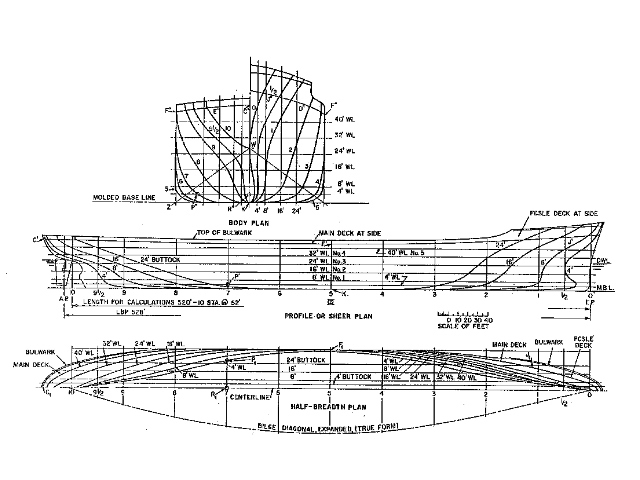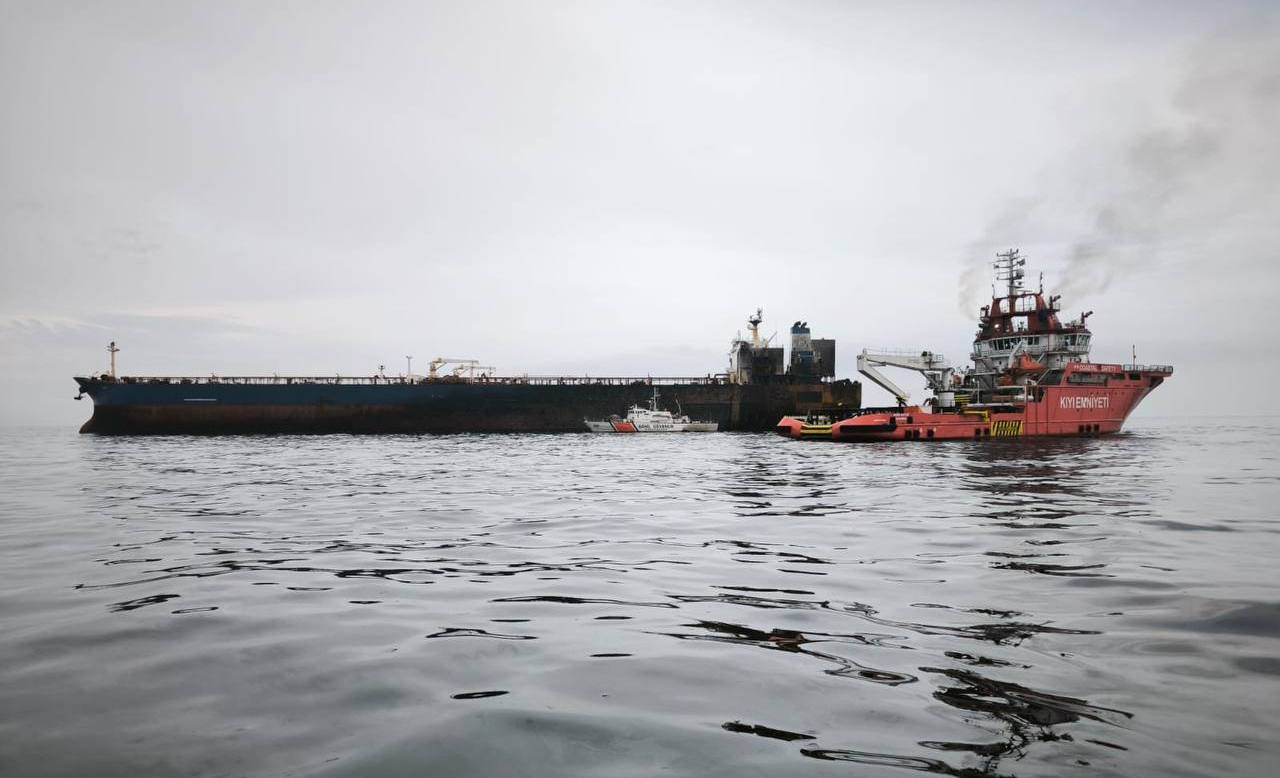
After launching a brand new ro-ro ferry, the operator of the vessel noticed a number of issues including excess vibration, lack of maneuverability and stopping ability. In addition, the vehicle loading ramp had an excessive angle to it making the loading of vehicles difficult, if not impossible in some cases.
An immediate drydocking of the vessel soon confirmed the obvious… the naval architect who designed vessel did a really horrible job.
According to the International Transport Intermediaries Club (ITIC), the organization that handled this claim, the design agreement between the naval architect and the company limited the naval architects liability to approximately $750,000. Unfortunately for the company, rectifying the issues prior to the summer season was going to cost upwards of $3.5 million.
The case was eventually settled for slightly less than the limit of liability under the contract.
In another case reported by ITIC, a naval architect entered into a contract with a shipyard to design the structure and access arrangements for new lifeboats and their davits to be fitted to a specific vessel. The naval architect undertook the design analysis, using data received from the manufacturer of the lifeboats, and produced design drawings.
It was understood that the yard was to seek classification society approval of these designs before starting the build work under the terms of the yard’s contract with the shipowner. However, due to time restraints and pressure from the shipowner, the yard decided to start building prior to obtaining class approval.
The lifeboat support structure was manufactured and installed by the yard according to the naval architect’s design, however the yard subsequently noticed that the davits were flexing under operation, even without the lifeboats.
An internal investigation within the naval architect’s office determined that an error had occurred whereby information provided by the lifeboat manufacturer had not been converted correctly by the naval architect’s computer program, with the result that the calculations were out by a factor of 1000. This error was not identified during the naval architect’s quality assurance process and, as a result, the structural platform, as designed and built, was not fit for purpose.
The yard raised a formal complaint advising the naval architect that the work on the davit support structure had to be rectified because of the error. A few months later it claimed that rectification had cost £347,254. ITIC assessed the claim and was also able to raise arguments that the contract terms excluded some components of the claim and that the yard should not have started construction before the classification society had approved the designs. A settlement was eventually agreed at £255,000.
Naval architects clearly do make mistakes, which is one of the good reasons for class societies and the associated checks and balances they provide, however they are not a safety net for every issue that may arise, as the above issues detail.
The ITIC, which is managed by the Thomas Miller investment and insurance group – who also manages the UK P&I Club – notes that these recent claims demonstrate the importance of ensuring that naval architects have the appropriate liability coverage to protect themselves against their exposure to liability for damages resulting from errors in design work.
In addition, these claims should also serve to remind naval architects to double or triple check their work.

 Join The Club
Join The Club











